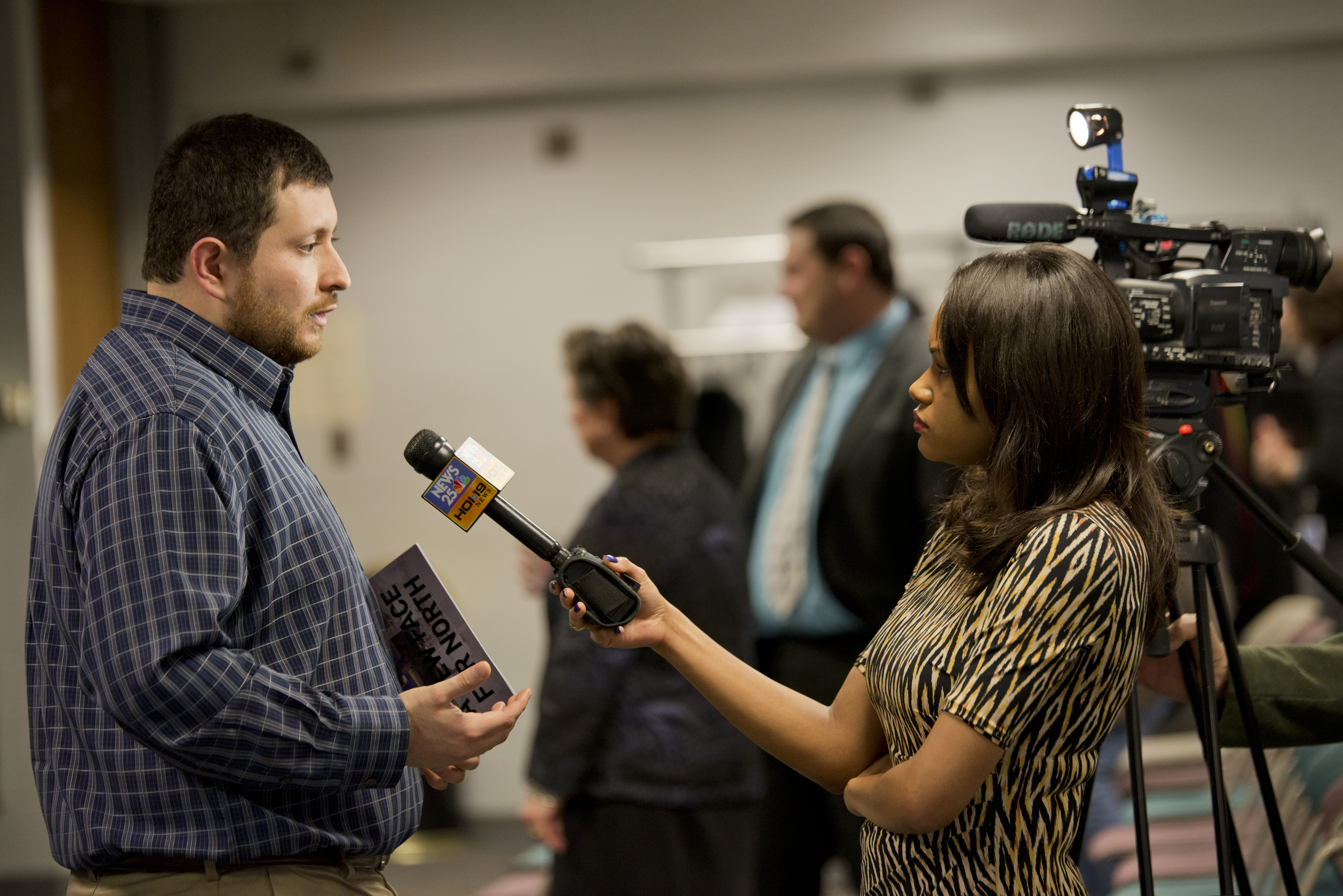ICCB: Community College is Still Affordable

Photo courtesy of ILLINOIS CENTRAL COLLEGE
EAST PEORIA — Several speakers representing the Illinois Community College Board and area community colleges took the floor at Illinois Central College to discuss the results of a study measuring the economic impact and benefits of community colleges in Illinois.
The study results, coming from a November project, included figures that quantified the financial success of students from the 48 community colleges and 39 districts in Illinois, which contains about one million students. Karen Hunter Anderson, the executive director of the Illinois Community College Board, closed the press conference with an important message.
“Community colleges change lives,” Anderson said.
This concept of attending was a theme expressed throughout each speaker’s address.
It was also announced by Anderson that nine out of ten community college graduates stay in the state which adds to the frugality of Illinois and 74% of employers over the last decade “have hired community college graduates.”
Thomas Aguilar, a 2010 graduate of Illinois Central College and member of the ICC Educational Foundation Board, described how his experiences as an ICC student related to his skills and financial success. Shortly after he graduated, Aguilar obtained a job earning 25 dollars per hour with the Associate in Science he earned from ICC.
Aguilar then transferred to Bradley University where he obtained a Bachelors in Manufacturing Engineering along with four other classmates who are also ICC alums. The former student also mentioned that there is a difference in the level of performance at a community college compared to a four-year university and that his time spent at ICC allowed for personal growth and development.
Shelly Nguyen, the executive director of workforce management and employee relations at OSF HealthCare, explained that students who graduate from community colleges in Illinois and enter the health care system (i.e., OSF) have a “strong community college base.”
Nguyen went on to add that as community students enter the workforce, they possess the skills needed to excel in their chosen health care professions, as well as an increase in hourly wages. One example she used was that respiratory therapists make up to $30 an hour after graduating from a community college. She also added that 10% of OSF’s registered nurses come solely from ICC.
Other speakers at the January 27 event, such as ICC President John Erwin, Heartland Community College President Rod Widmer and Spoon River College President Curt Oldfield, also presented other state, local and student-level data.
Below is a video of the entire ICCB press conference.

